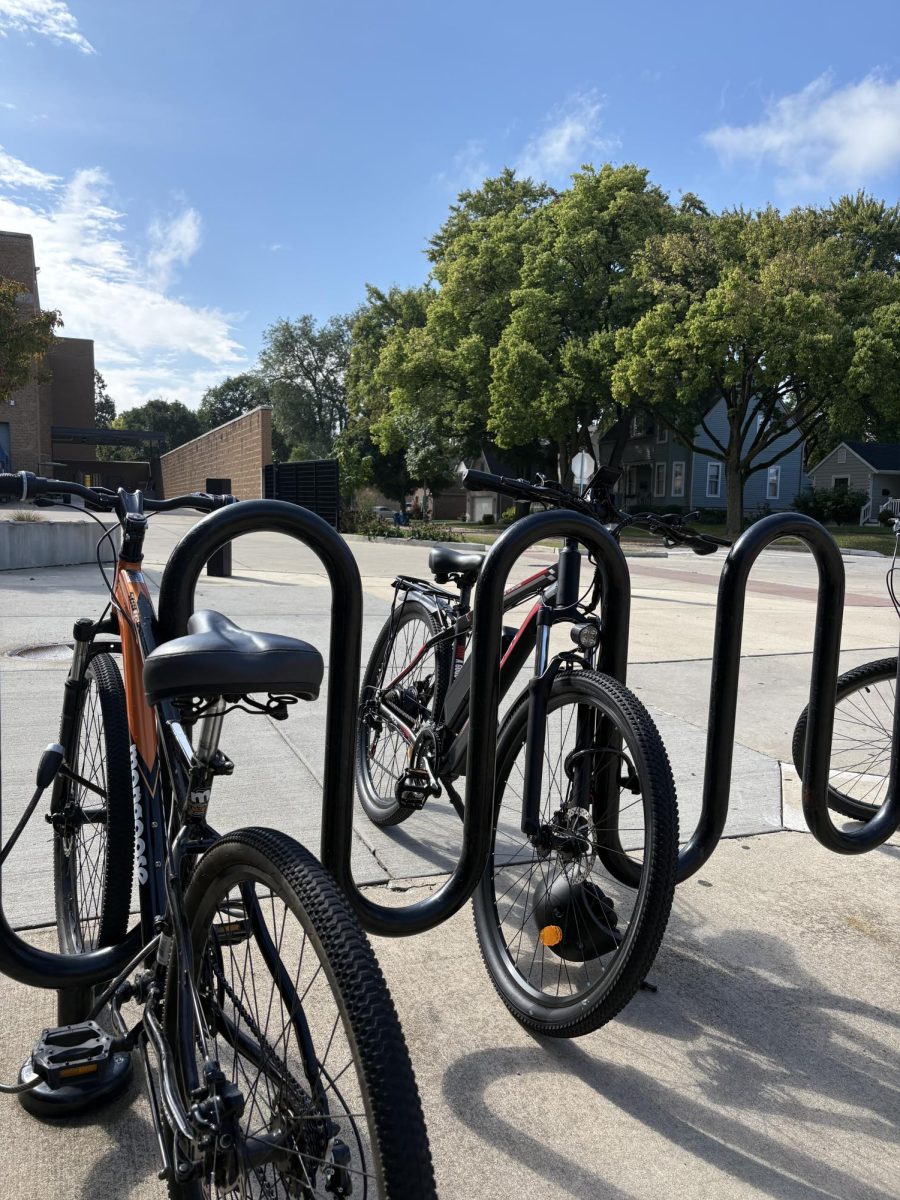Make mental health education a mandatory subject in school settings
May 10, 2022
Why is physical education mandatory, but not mental health education, I wondered as I slowly rolled my chair back and forth across the small, light-blue room I had become accustomed to in the past 3 months. An ominously large stack of discharge surveys lay on the desk in front of me, a mandatory requirement for my release. Despite the attempts I made to focus, my question continued to surface, its importance heavy on my shoulders.
In a few short days, I would be taken from the safe confines of the psychiatric hospital and thrown back into the lion’s den that is public education; my mental health would not only lack prioritization but be completely forgotten. Amidst an anxiety and mood disorder epidemic, at least students will know the rules of ultimate frisbee, I contemplated with a twinge of dark humor.
NAMI, the National Alliance on Mental Health, reports that 1 in 6 U.S. youth experience a mental health disorder each year, a statistic that fails to represent the many other young people with mental health problems that go unnoticed or undiagnosed. According to the CDC, 1 in 7 U.S. youth reports no recent physical activity. While these numbers are alike, their level of importance in the education system is not. Academic institutions must make mental health education a core subject like math, science, English, and PE.
Based on current disagreements surrounding mental health, there are some who will dislike my proposal. They may point out that not everyone struggles with mental illness, which is fortunately true. However, every person does have a brain that is subject to change, automatically making the topic relevant to every person. Comparable to how the most athletic remain fit and muscular by working out, the happiest, most content people are those who consistently practice good mental health.
Practice in the form of a curricular subject would provide students with increased awareness regarding their own mental state and what maintenance/recovery strategies work best for them. In daily life, rarely must people know derivative properties, the anatomical function of the gastrocnemius, or the invention date of aqueducts. And yet, math, science, and social studies remain required classes while mental health education does not.
Others may argue that mental health as a core subject is unnecessary since instruction already exists in school settings. At DGN, we watch PBIS videos, define mental illness in health class, and offer stress management as a PE elective. These opportunities are an excellent way for one to increase their understanding of the topic, and I appreciate the presence of mental health resources in our school.
However, learning about mental health and practicing skills to improve mental health are extremely different. In PE, for example, we do not watch videos of people playing sports; no one is under the illusion that learning about exercise is synonymous with actually working out. So why do schools not provide similar, adequate opportunities to practice mental health? In a school environment, taking care of your mental well-being should not be a choice but a requirement.
Academic institutions hire a wide variety of school counselors, social workers, and psychiatrists to help students struggling with emotional or mental health concerns; while this is true, and a potential counterpoint to my mental health education implementation proposal, it does not holistically address the situation. In-school support is often given only to students who are mentally ill, or who have other psychiatric issues.
In PE class, schools don’t only teach students who are physically unfit how to care for their bodies. Why, then, do schools only intervene when a student’s mental state is the opposite of healthy? As a society, we focus too much on mental illness and not enough on mental health; school environments should be proactive, not reactive.
Discharge surveys complete and my many papers compiled into a binder, I left my small, light-blue room for the last time. As I readjusted to school, friends, and activities, my comprehensive mastery of skills and coping mechanisms slowly faded to a dull blur, tired of fighting for survival in a careless world. My question remained unsolved. Why is physical education mandatory but not mental health education?

























